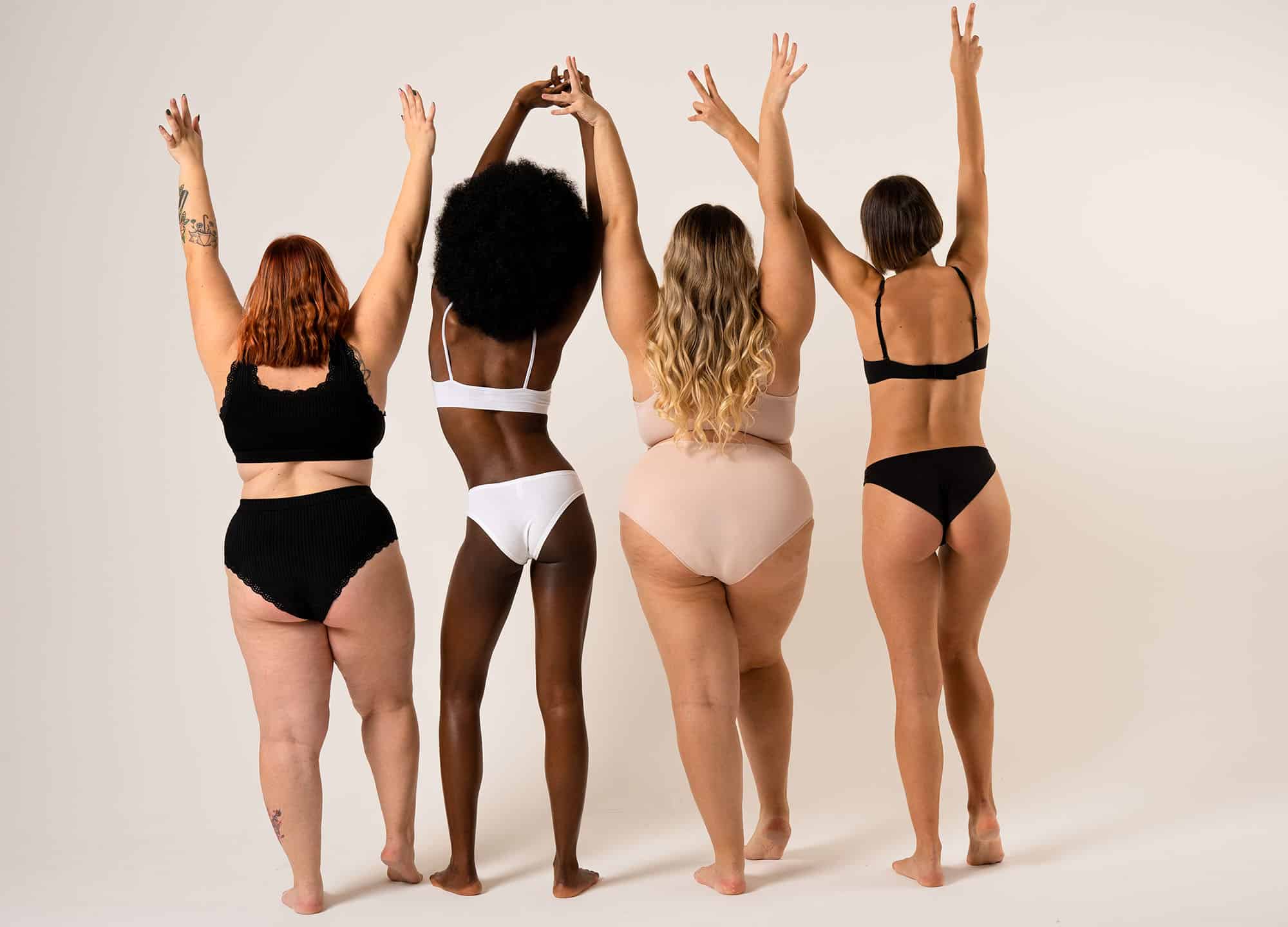In the past, magazines often featured stories about the elusive “thigh gap,” fad diets, and critiques of celebrities in swimsuits. Unfortunately, we still see too much of this on social media. However, there’s a growing awareness of the harm these messages can cause. Concepts like body positivity and body image acceptance are gaining traction in the fitness industry, albeit with accompanying myths and misconceptions. Understanding the realities of these concepts can help you build a healthier, more positive relationship with your body.
Body Positivity vs. Body Image Acceptance
First, let’s distinguish between body positivity and body image acceptance.
Body positivity is a social movement founded on the belief that all bodies are good bodies, regardless of appearance. It advocates for inclusivity, promotes self-love, and challenges beauty norms.
Body image acceptance, on the other hand, is a personal practice of respecting and appreciating your body, no matter its appearance. It focuses on what your body can do rather than how it looks and involves mindfulness, self-compassion, and a neutral attitude towards your body.
Debunking Common Myths About Body Image Acceptance
Myth: Accepting Your Body Means Giving Up on Your Health Goals
Reality: Accepting your body doesn’t mean neglecting your health or giving up. It involves respecting and caring for your body as it is now, leading to more sustainable and healthier choices. When you accept your body, you’re more likely to engage in health-promoting behaviors because you want to nourish and care for yourself, not punish or change yourself.
Myth: Accepting Your Body Means You Will Never Want to Change Anything About Your Body
Reality: It’s natural to want to change certain aspects of your body. Body image acceptance doesn’t eliminate these desires; it helps you approach them from a place of self-love rather than self-loathing. Acceptance allows you to pursue changes, if desired, in a compassionate and balanced way.
Myth: Accepting Your Body Means You Have to Love Every Part of It
Reality: You don’t have to love every part of your body to accept it. Acceptance is about respecting your body as it is, without the need for constant approval. It’s about balancing appreciation for what your body does for you and not letting dissatisfaction with your appearance dictate your self-worth.
Myth: Body Image Acceptance Is Only Possible for People Who Are Already Happy with Their Bodies
Reality: Body image acceptance is a journey beneficial for everyone, regardless of their starting point. It’s not a single achievement but requires continuous effort, especially in a society that promotes unrealistic beauty standards. There will be ups and downs, and that’s perfectly normal. You can work towards accepting your body even if you have moments of dissatisfaction.
Embracing Body Image Acceptance: Practical Steps
Now that we understand body image acceptance, let’s explore practical steps to integrate it into daily life.
Focus on Body Functionality
Practice gratitude for what your body can do, and not just in the gym! Moving, breathing, enjoying a cool breeze, and hugging loved ones are functions to appreciate.
Practice Self-Compassion on Tough Days
When negative thoughts about your body arise, acknowledge them without judgment and gently redirect your focus to positive or neutral thoughts. For example, if you think, “I don’t like my stomach,” follow it with, “I appreciate how my stomach helps me digest food and gives me energy.”
Set Goals Based on Feelings, Not Looks
Aim to feel stronger, have more energy, or improve your endurance. Focus on health-promoting behaviors like eating nutritious foods, engaging in enjoyable physical activities, and getting enough rest. These behaviors contribute to overall well-being without the desire to change your appearance.
Engage in Activities That Promote Positive Body Image
Journaling, practicing gratitude, participating in body-positive communities, and seeking support from friends, family, or professionals are all beneficial. Follow body-positive social media accounts and avoid those promoting unrealistic standards.
If you have any questions or need support on your journey to body image acceptance, please don’t hesitate to reach out! Together, we can build a more balanced, compassionate, sustainable approach to wellness rooted in appreciation for your body rather than dissatisfaction with your appearance.

Gabrielle Fundaro is an ACE-certified Health Coach, science communicator, author, and international speaker with expertise in motivational interviewing, sport nutrition, and the Monash Low-FODMAP program. Holding a Ph.D. in Human Nutrition, Foods, and Exercise from Virginia Tech, she transitioned from academia to launch her telehealth coaching business, Vitamin PhD Nutrition, after four years as a Renaissance Periodization Nutrition Coach. Gabrielle creates content for Examine.com and BarBend.com, collaborates with Precision Nutrition and Team EXOS, and serves on the boards of the Nutrition Coaching Global Mastermind (NCGM) and the Sports Nutrition Association (SNA). She focuses on weight-neutral lifestyle coaching and supports weight-class athletes, drawing from her own experiences in endurance and strength sports. Living in Colombia, she enjoys the gym, dance lessons, and learning Spanish.

